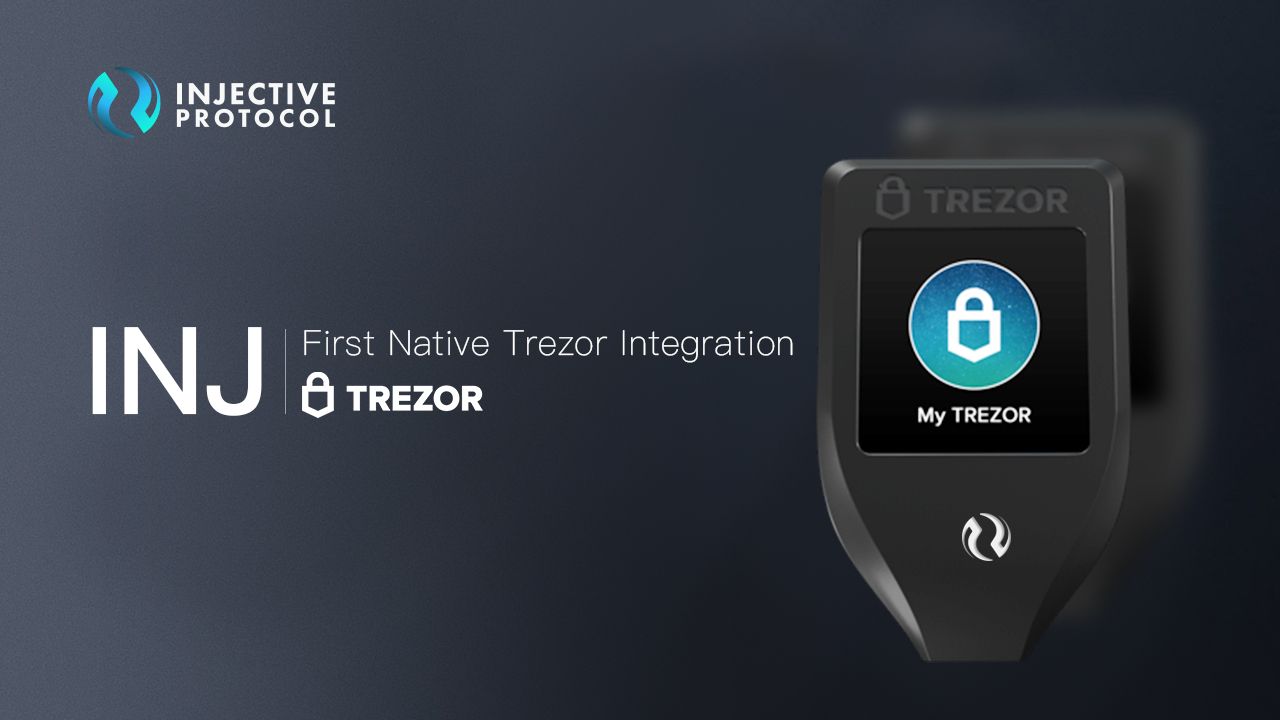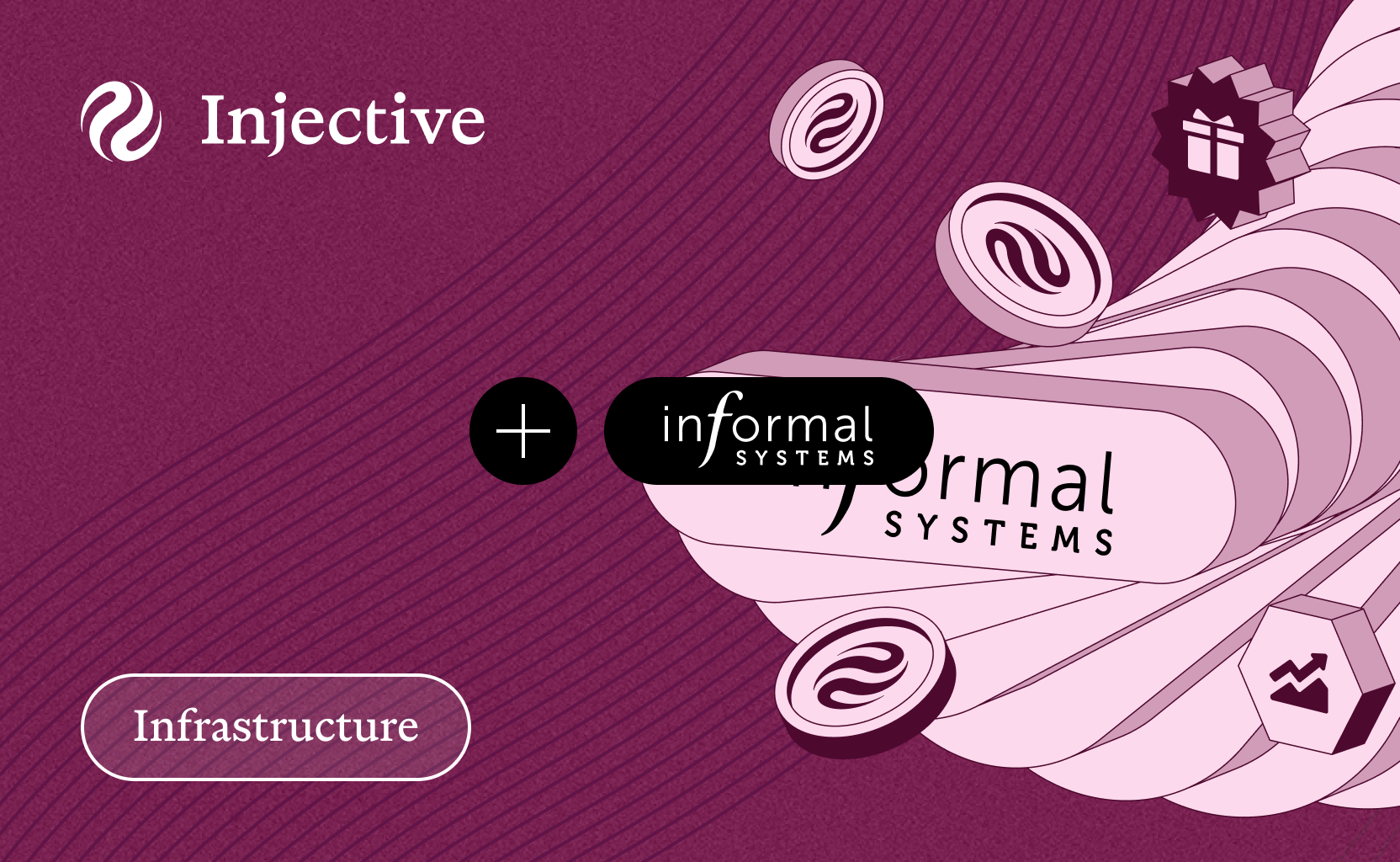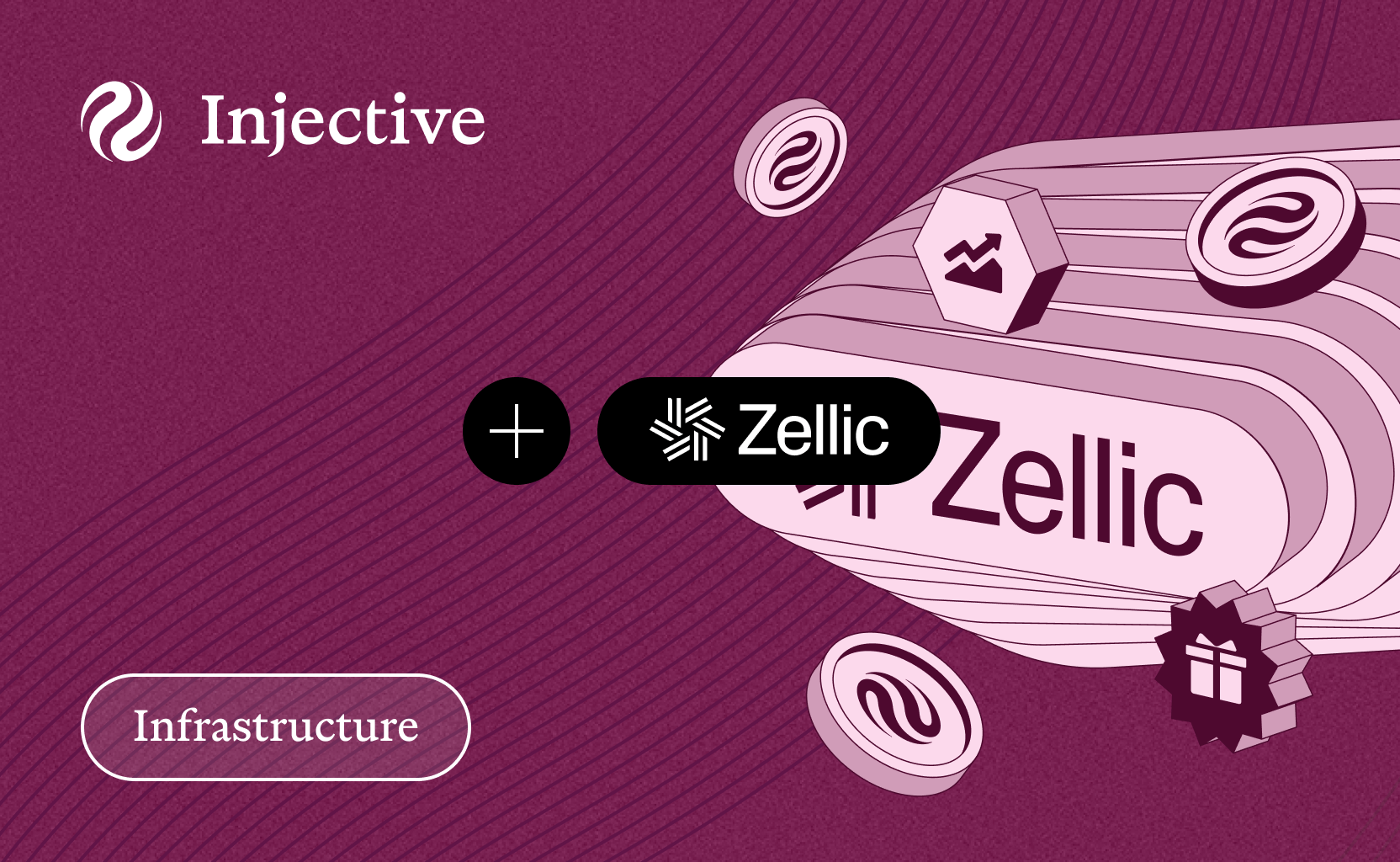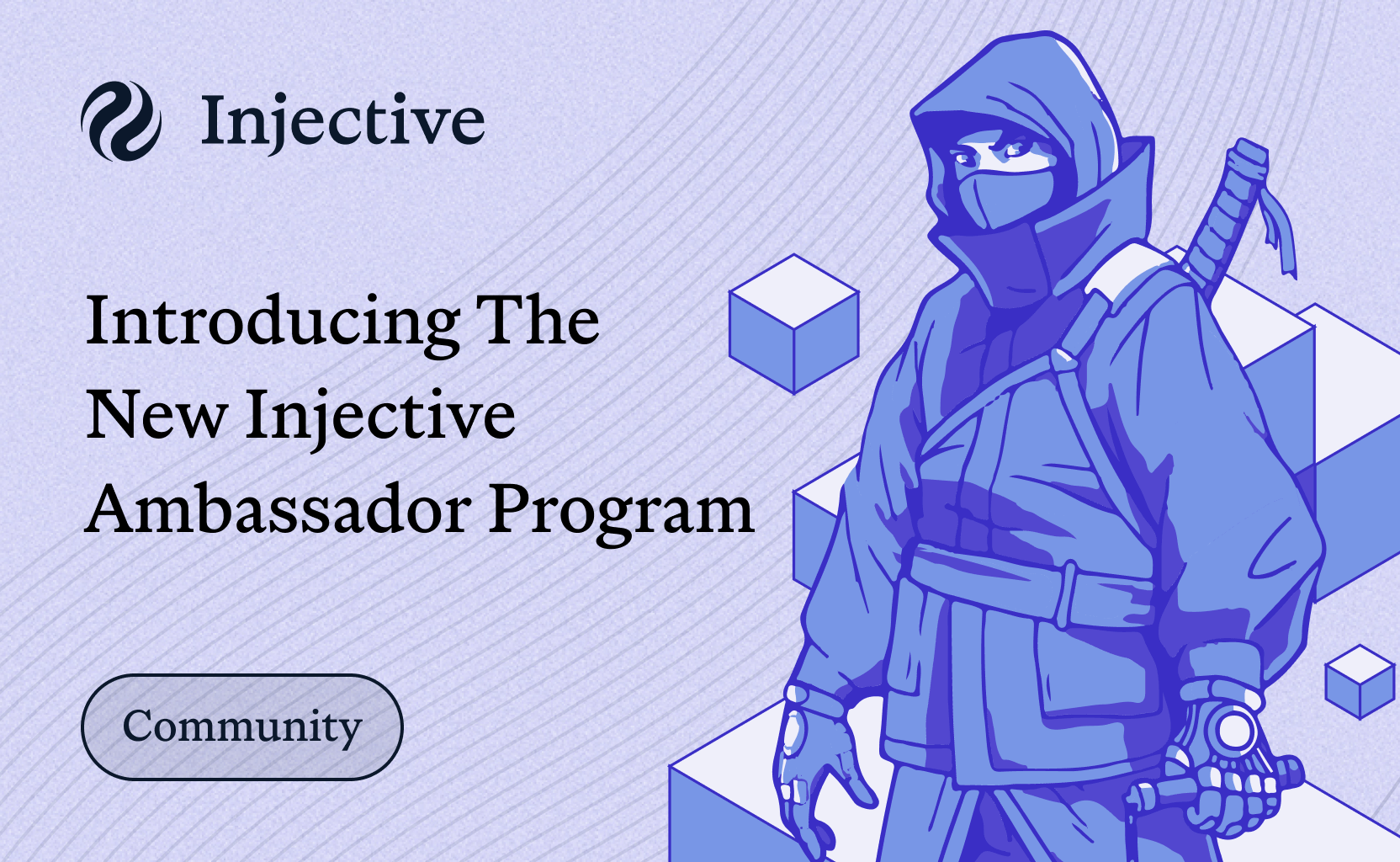Engineering talent is arguably the scarcest resource in the crypto industry, so Injective is extraordinarily lucky to have some of the most talented community devs collaborating together on the protocol. With the support of this capable community, Injective is increasingly expanding its contribution to the underlying open source infrastructure within DeFi.
As a groundbreaking milestone for the space — Trezor support has been added for the EIP-712 signature standard. This can allow a plethora of Ethereum based applications to be utilized by Trezor users.
Until now, all Trezor users were cut off from the opportunities presented by the blooming layer-2 (L2) ecosystem, including the ability to participate in the recent NFT craze on Ethereum and (more importantly) the Injective Staking Competition. Today this issue can finally be marked as “Resolved” as users globally can now participate in new forms of interoperation between Ethereum and Trezor. Basically, this allows users to sign Cosmos transactions using Ethereum wallets such as MetaMask and Trezor.
Injective’s Technical Overview of the Trezor EIP-712 Upgrade: Link
Background
EIP-712
Cryptographic signatures are a key part of any blockchain. Abstracting away the technical aspects of the process, to confirm any transaction or action on-chain users are prompted to first prove ownership of the address from which the transaction is initiated.
From the user experience perspective, signing a transaction will lead to a Metamask pop up (or a pop up on an alternative wallet). The prompt will request to sign a hashed message. Before Injective contributors were able to fix this issue, the message displayed was a hexadecimal string rather than readable text, so most users had to blindly trust the dApps and click “Sign”, unless they knew how to verify the hash themselves. This standard was a persistence security flaw on many levels.
Ethereum Improvement Proposal 712 (EIP-712) was introduced with an intention to improve security by conforming to the adage in crypto: don’t trust; verify.
Indeed, using the new standard users can easily verify the messages they are asked to confirm. Since then, many projects, including Injective, have adapted to the new signature standard, but some have found the integration to be technically challenging. Most critically, the delay to support EIP-712 by two hardware wallet providers, Ledger and Trezor, caused significant hindrances to a streamlined user experience within crypto.
Trezor
Hardware wallets are an important tool that enable you to take complete control of your crypto. Two of the main players in the field are Ledger and Trezor, who account for a significant part of users both within and outside of the Injective community.
Shortly after beginning the Injective’s Equinox Staking competition, a re-occurring issue faced users that prevented many of them from participating. The problem was rooted in the long-lasting unresolved issue with the EIP-712 signatures on Trezor.
Injective’s Technical Solution
The beauty of open source culture in crypto enables external teams to collaborate and contribute to the open source code of other projects.
It was quickly realized that if so many Injective users were facing this issue it meant that thousands of other users within the crypto space were facing these problems on a daily basis. So contributors quickly prioritized this task to help the Trezor team before the end of Equinox Staking.
One Injective contributor, Maxim, was able to bring EIP-712 message support to Trezor and has submitted the solution to Trezor’s team to review. The solution will be live since it will be available to all users who accept firmware update on their wallets.
What does this mean for Injective Users?
As a novel L2 solution, Injective Chain relies heavily on the EIP-712 typed data standard for interoperability between Ethereum and MetaMask.
In particular, it is critical to have this functionality so that users can seamlessly transfer their tokens from Ethereum to Injective Chain to take part in trading, staking or participating in the governance of the protocol. This feature update will be critical in reducing friction for users as they explore the limitless possibilities of Injective.
What does this mean for the Crypto Ecosystem?
The issues related to EIP-712 support in hardware wallets are critical as the demand for L2 infrastructure rises.
The problem continued to become increasingly salient as more users started trading and minting NFTs, since many are minted through L2 solutions which almost all the depend on EIP-712 as well. By successfully addressing this technical challenge, Injective is excited to eliminate another significant hindrance for many crypto users to participate in the multi-chain future and benefit from L2 solutions.
The upgrade helps Injective work towards creating a truly borderless DeFi universe by further accelerating the interoperability structures within crypto.
Additional Reading and References
- Injective’s Technical Overview of the Trezor EIP-712 Upgrade: Link

About Injective
Injective is a lightning fast interoperable layer one blockchain optimized for building the premier Web3 finance applications. Injective provides developers with powerful plug-and-play modules for creating unmatched dApps. INJ is the native asset that powers Injective and its rapidly growing ecosystem. Injective is incubated by Binance and is backed by prominent investors such as Jump Crypto, Pantera and Mark Cuban.
Website | Telegram | Discord | Blog | Twitter | Youtube | Facebook | LinkedIn | Reddit | Instagram | Orbit Newsletter



